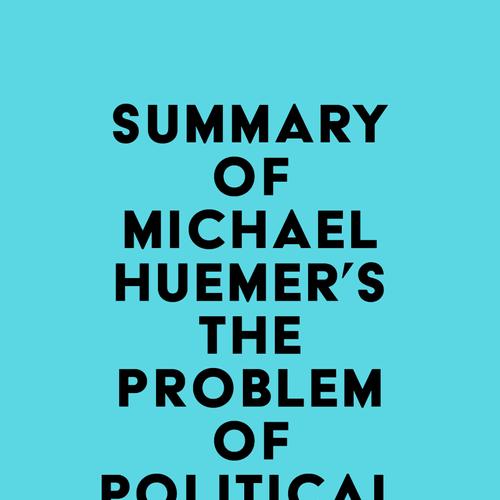Please note: This is a companion version & not the original book. Sample Book Insights:#1 The story of the villager who kidnapped and locked up vandals in his basement to prevent crime is a short political story that illustrates the difference between a government and a non-government person. Most people support the government’s imprisonment of criminals, feel obligated to pay their taxes, and consider punishment of tax evaders both desirable and within the rights of the state.#2 We have a double standard when it comes to the ethical acceptability of government actions versus those of nongovernmental agents. We consider it ethical for governments to do things that we would consider unethical if done by nongovernmental agents.#3 The distinction between political legitimacy and political obligation is what I call political authority. Political authority is the moral property in virtue of which governments may coerce people in certain ways not permitted to anyone else and in which citizens must obey their governments even when they would not be obligated to obey anyone else.#4 Those who believe in political authority do not believe that all governments have it. They may believe that certain governments have a limited sphere of authority.
